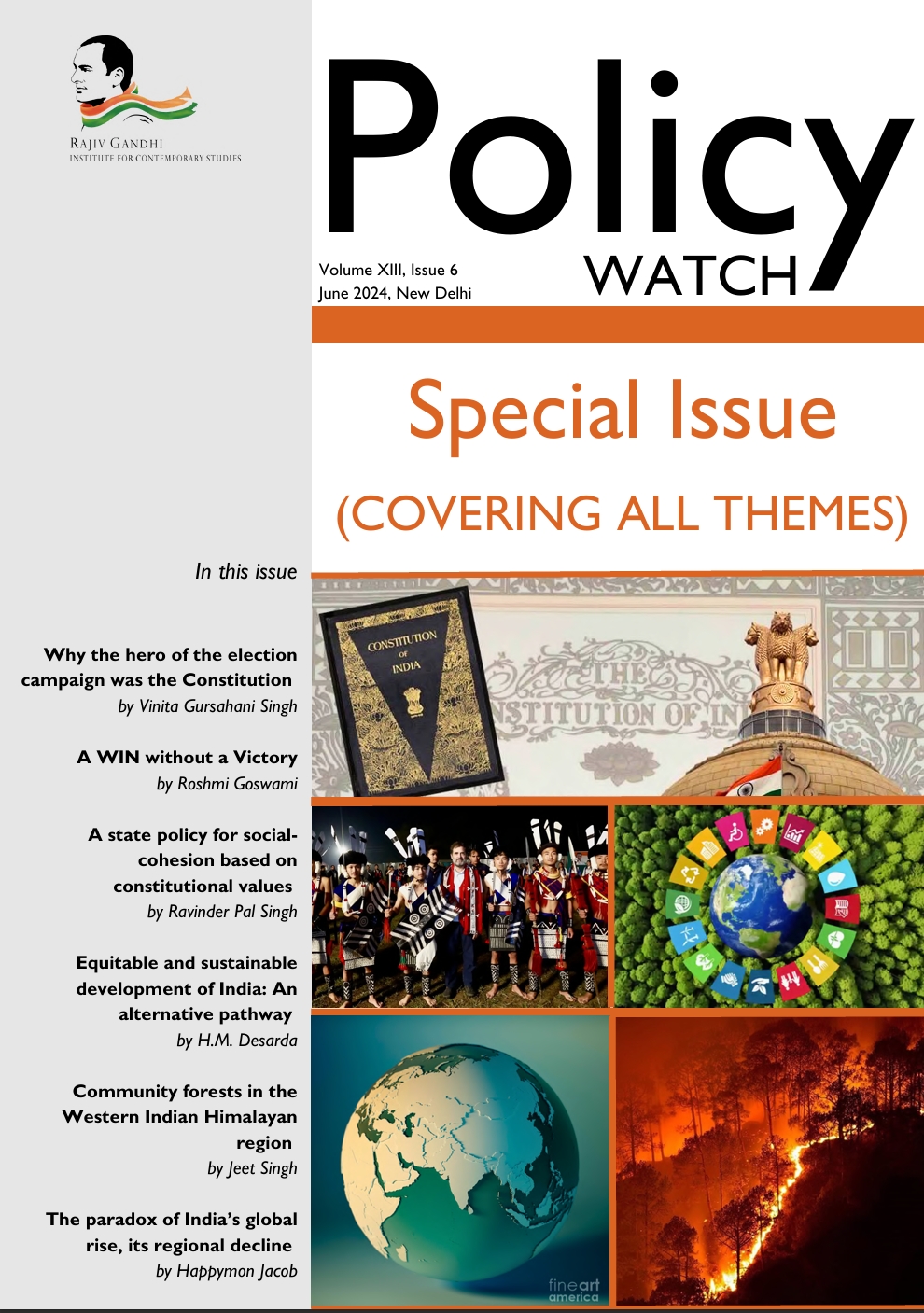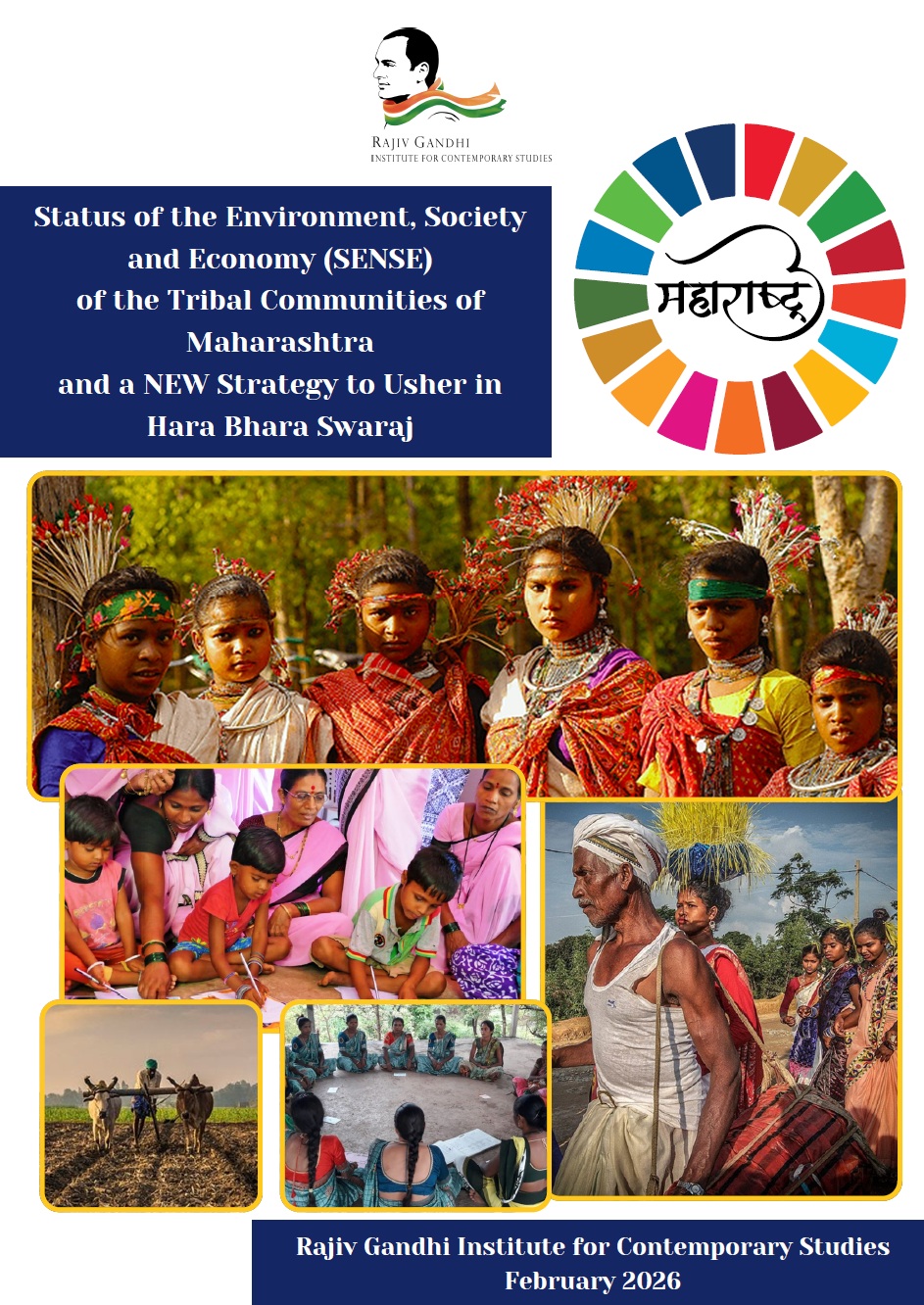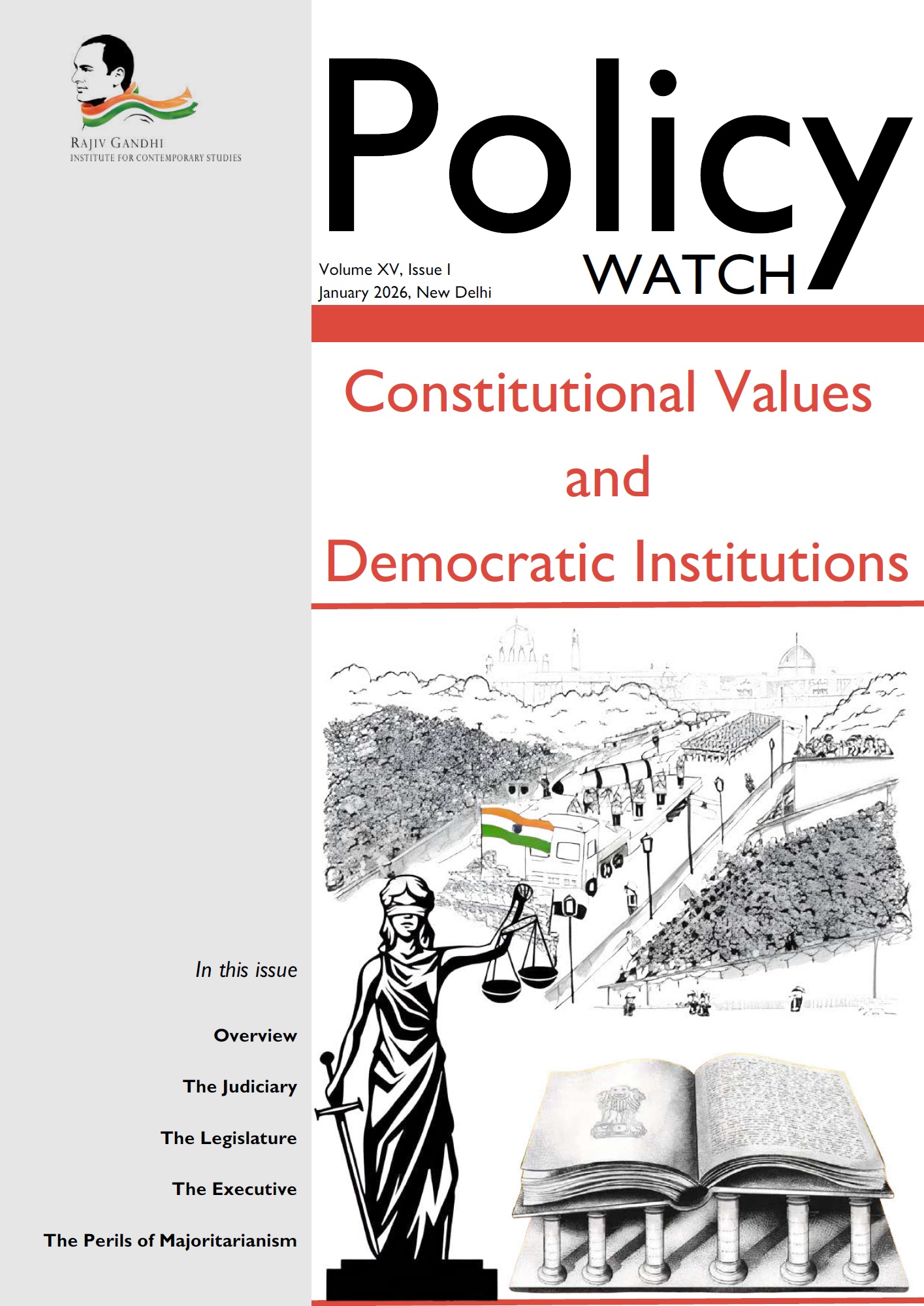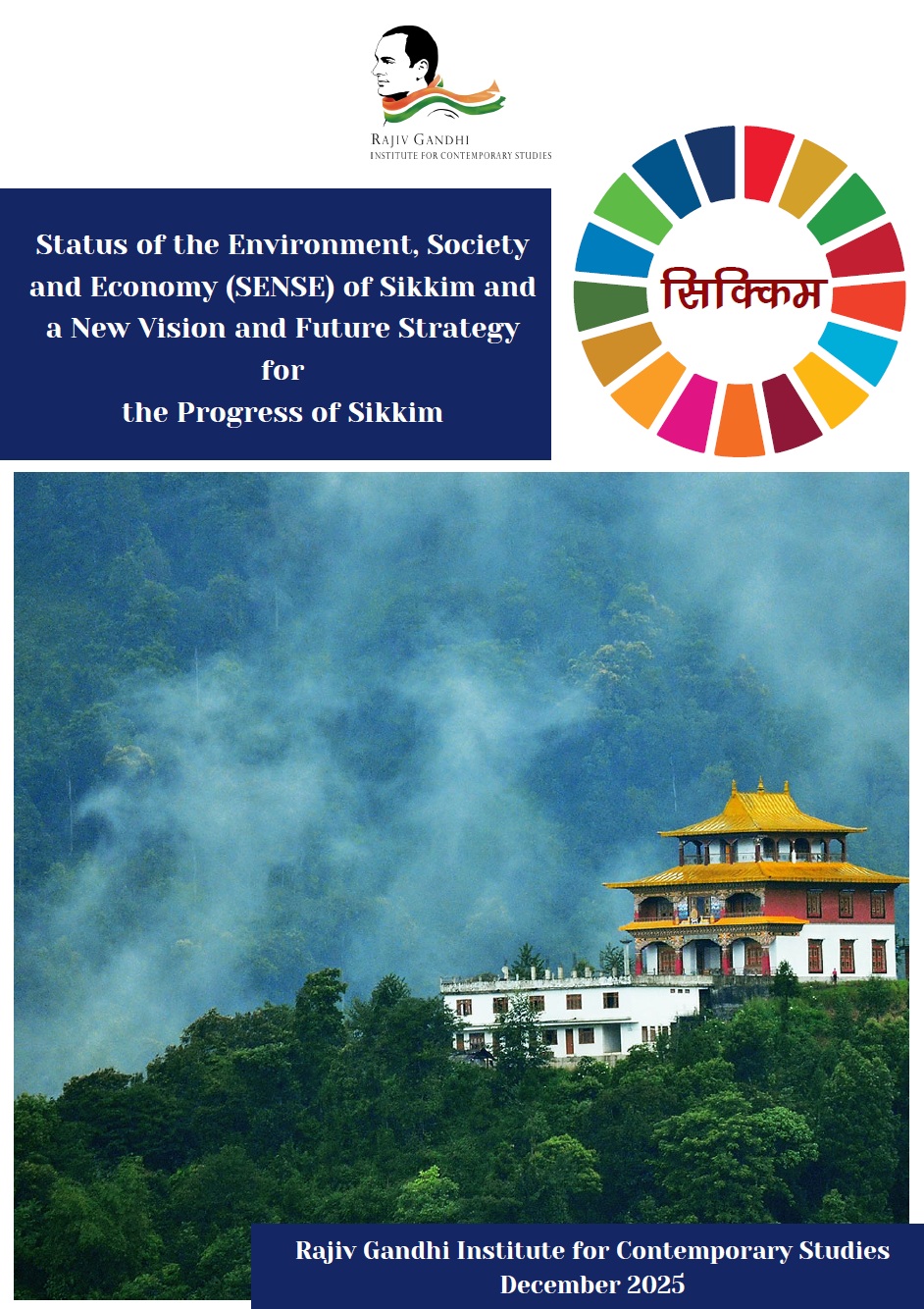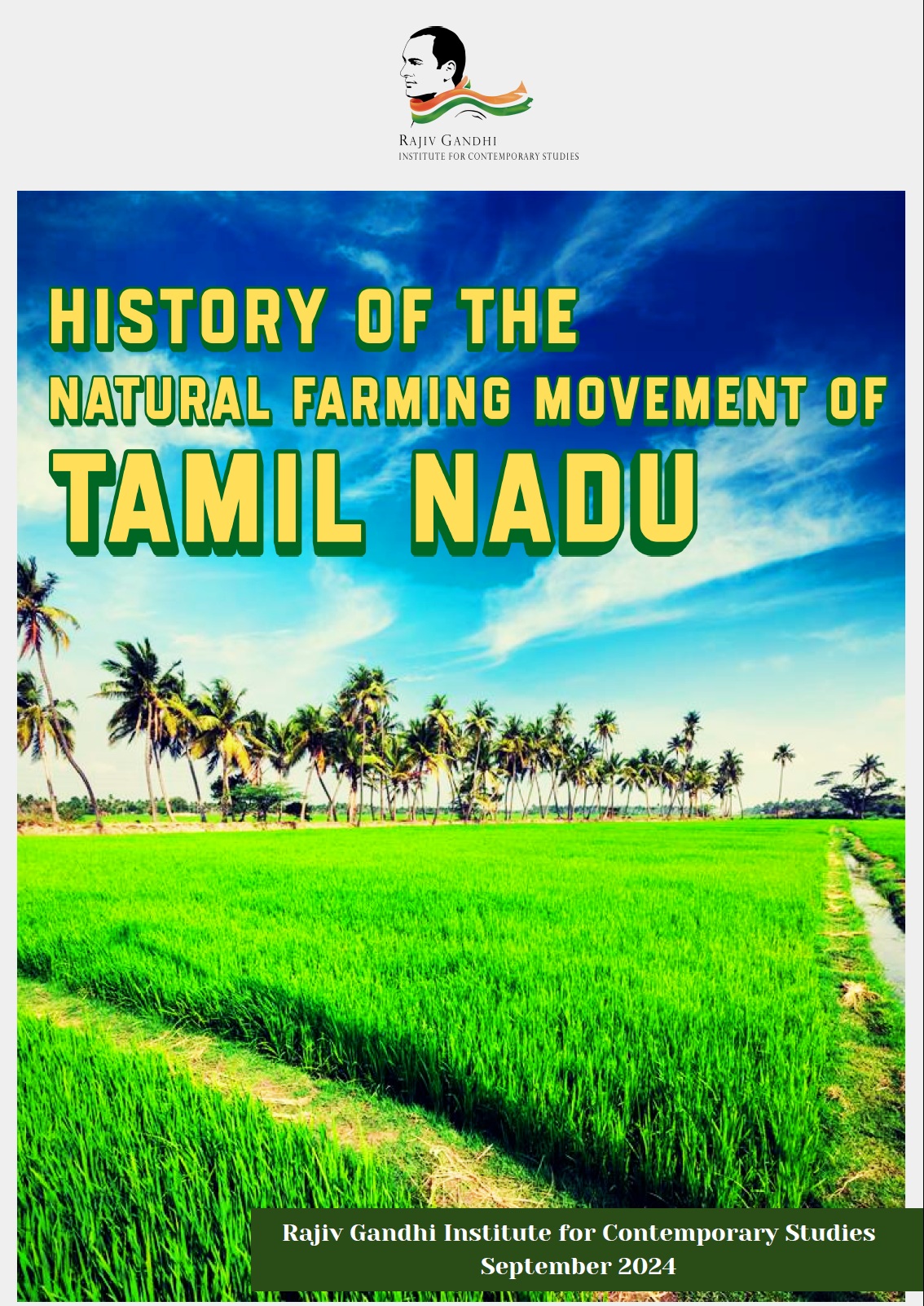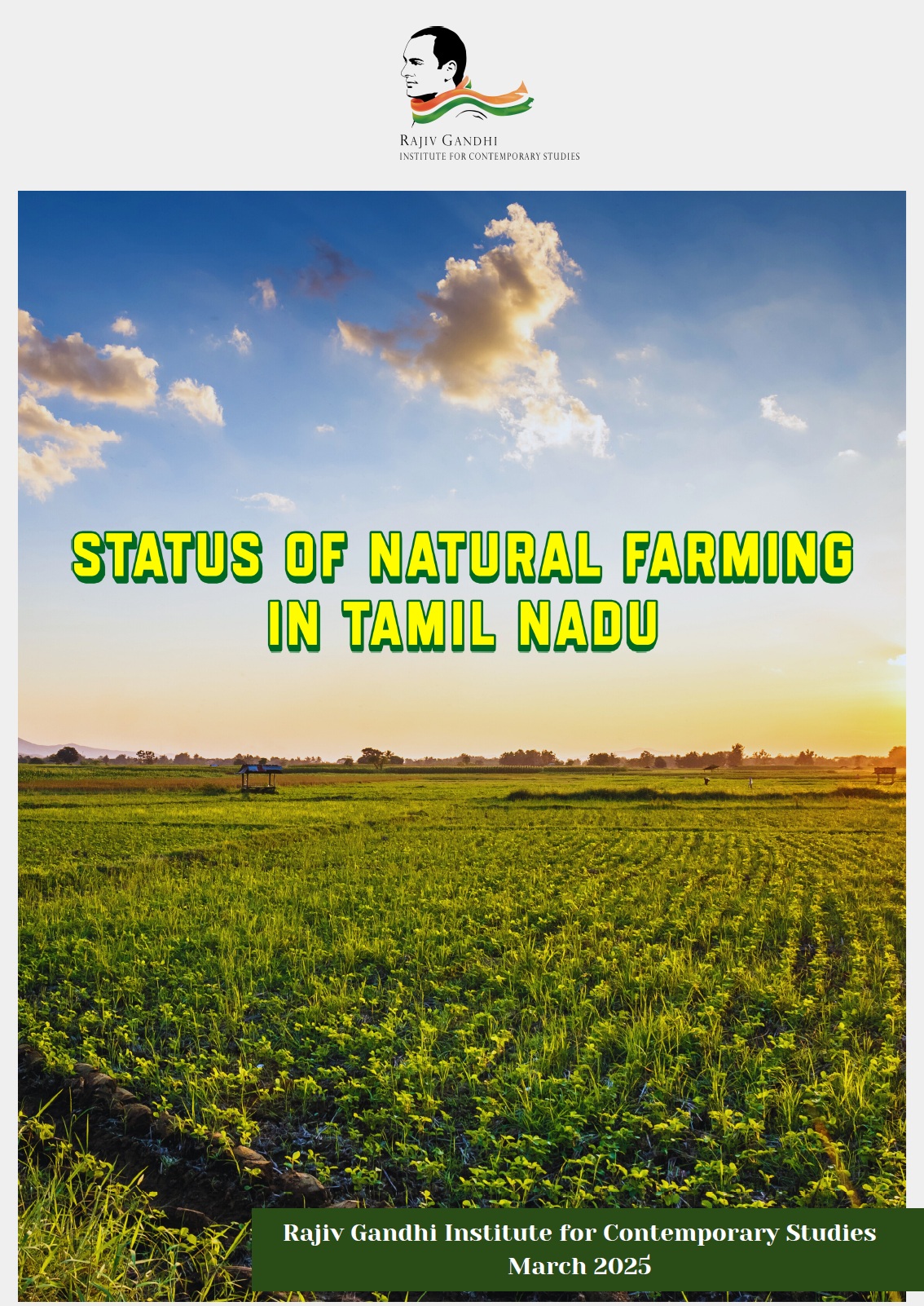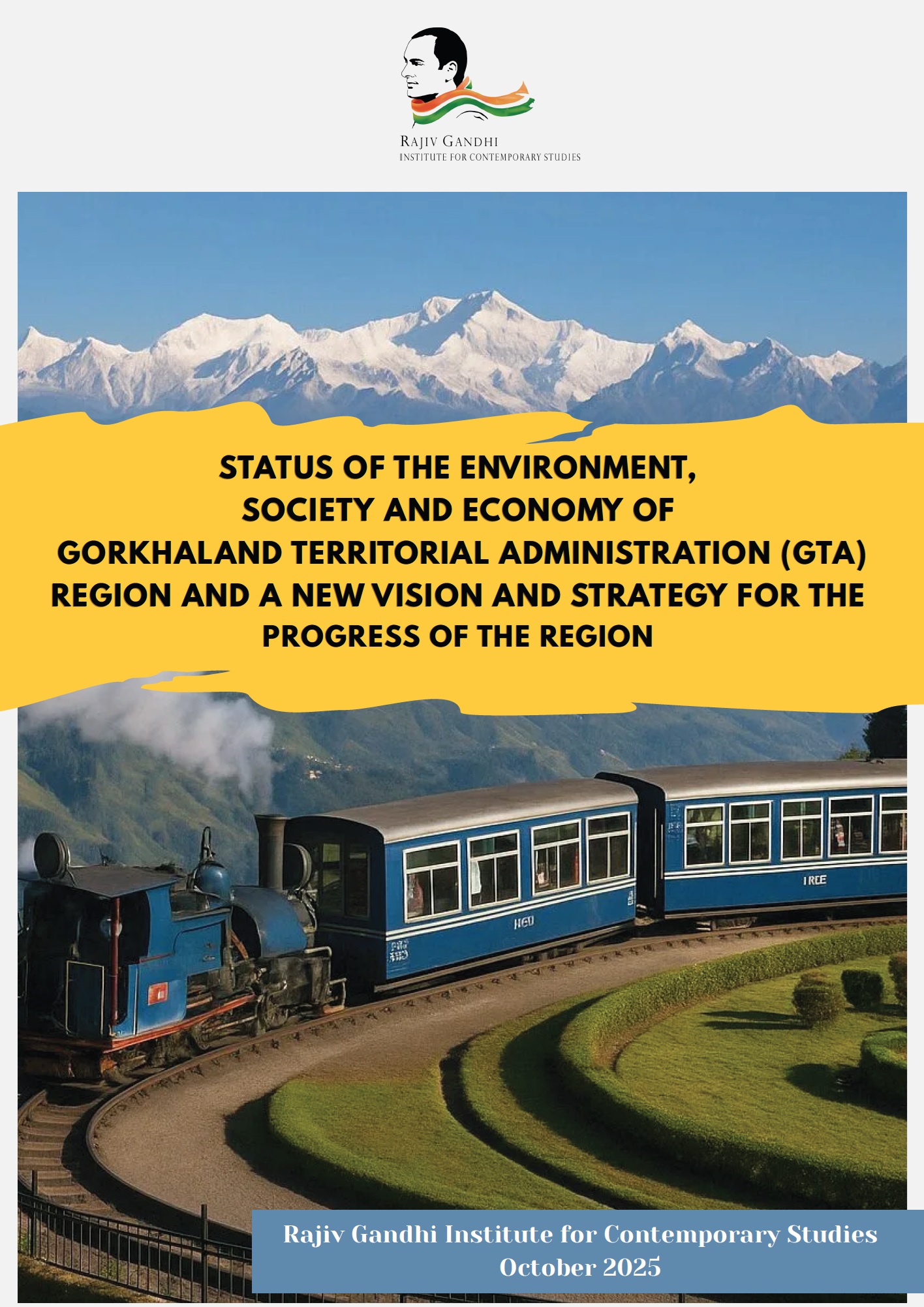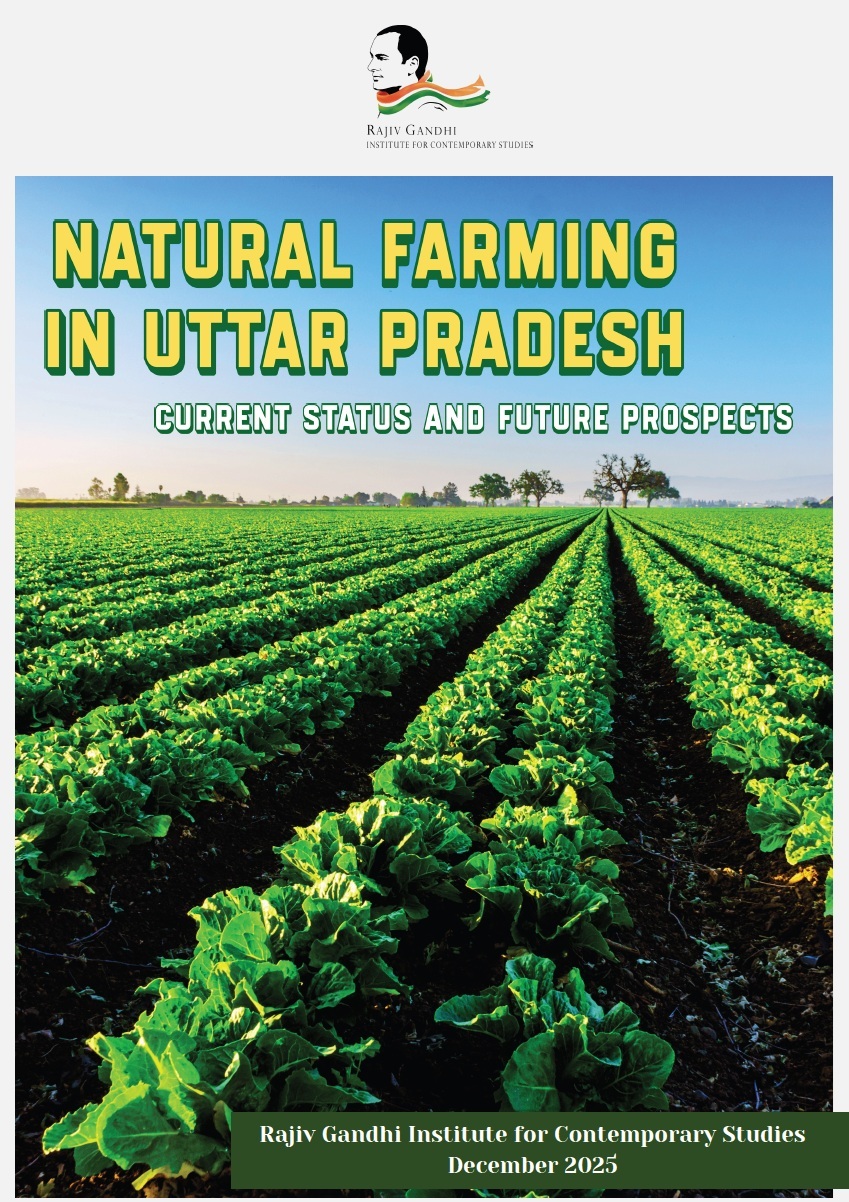This is a special issue in which we carry one article on each theme. The first two articles are on the theme Constitutional Values and Democratic Institutions.
The first article is reproduced with grateful acknowledgement from The Times of India. Written by Vinita Gursahani Singh, Managing Trustee of We, The People Abhiyan, an NGO dedicated to empowering citizens through constitutional awareness, it uses Google Analytics to show that there was a significantly heightened interest in the Constitution in the run up to these elections. She hypothesised that this may have had an impact on the outcome.
The second article is by Dr Roshmi Goswami, a feminist and human rights activist working all over the Northeast. It describes the situation in Manipur and how the launch of the Bharat Jodo Naya Yatra by Rahul Gandhi brought a healing touch to the extremely divisive atmosphere in that state. Roshmi then links it with the outcome of the 2024 Lok Sabha elections and explains how the people express themselves through the democratic process.
The third article is under the theme Governance and Development. It is written by Ravinder Pal Singh, an International Researcher on Security and Peace. He was at the Stockholm International Peace Research Institute (SIPRI), and various other international appointments, during which he observed closely the deleterious effect on national security when internal divisions (based on religion, ethnicity, region, etc.) are exacerbated for political gains.
Based on this he has developed a proposal for a State Policy on Social Cohesion, giving its rationale in detail. The article, which is a summary of a larger two-part paper, also has an action plan for implementation of the social cohesion policy.
The fourth article is on the theme of Growth with Employment. Written by Dr H.M. Desarada, an environmental economist and former member of the Maharashtra State Planning Board, it shows the dire need to change our growth model so that jobs are also created. The paper emphasises the need to invest in regenerating the natural resources – land/soil, water, forests – so as to restore the productivity of agriculture and thereby generate more jobs in rural areas and also enhance farmers’ and agricultural workers’ incomes. It states: India needs a new agrarian revolution—Krishikranti—to provide livelihoods, nutritious food, and good health to everyone.”
It also states that mere growth in the GDP does not enhance well-being in terms of nutrition, health, education and skills. The fifth article is on the theme Environment, Natural Resources and Sustainability, in which Mr Jeet Singh, Fellow, RGICS, describes two unique experiments in the Western Himalayan Region, of community forest governance initiated by the colonial government in the 1930s and 1940s respectively: the Cooperative Forest Societies of Kangra (CFS) and Van Panchayats (VPs) in hilly districts of Uttarakhand.
Though institutions were established to formalise the traditional rights and relationship that villagers had with the forests proximate to them, over the decades, the spirit of community management was lost and these institutions became the lowest rungs of the forest administration. Even the introduction of the Joint Forest Management scheme did not change the power imbalance between the Forest Department and the communities.
The article highlights that merely adopting new schemes or rules of forest governance are not enough unless there is a shift in the mindset of the Forest Department, which looks at itself as the owner of forests and the community as encroachers.
The sixth article is on the theme India’s Place in the World. It is being reproduced from The Hindu. Written by Prof Happymon Jacob of the School of International Studies, Jawaharlal Nehru University, it deals with the paradox that as India’s role and prestige appears to be on the rise in several global forums such as the G-20, BRICS, QUAD, and so on, worryingly, India’s influence is declining in South Asia. He surmises that: “The arrival of China in South Asia, the withdrawal of the U.S. from the region, and India’s tilt to the Indo-Pacific have shifted the regional balance of power in Beijing’s favour.”
To correct the situation, Jacob suggests that India must revisit some of its traditional conceptions of the region, ‘modernise’ its primacy in South Asia, and take proactive and imaginative policy steps to meet the China challenge in the region. In addition, he suggests that India should use its soft power to retain its influence in the region. One way to do that is to actively encourage informal contacts between political and civil society actors in India and those in other South Asian countries.
Policy Watch: Special Issue – June 2024
Send download link to:

